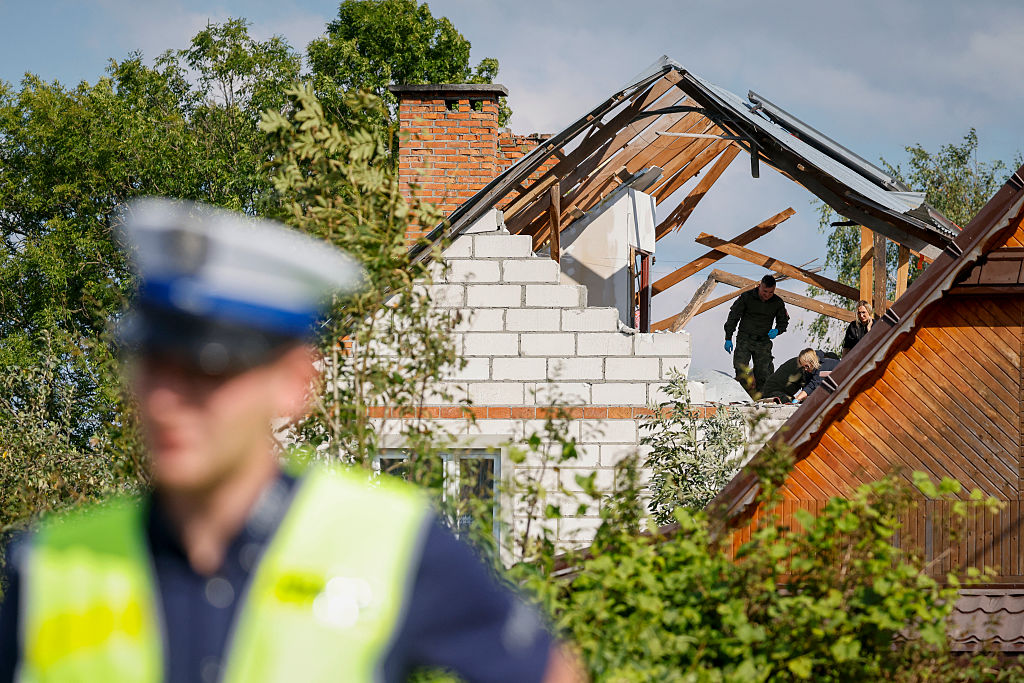In the mid-1990s, Spain’s socialist prime minister Felipe Gonzalez saw his political career collapse under the weight of a corruption scandal. A Supreme Court investigation revealed a fraudulent contracting scheme that illegally funded the Socialist party’s (PSOE) election campaigns. Despite intense media pressure from government-aligned outlets, two brave judges upheld the rule of law.
Three decades later, another socialist Prime Minister – Pedro Sánchez – faces a similar reckoning. But this time, the scandal combines political manipulation, personal ambition and institutional degradation.
Corruption is as old as power itself, yet in Sánchez’s case it takes on a uniquely modern and dangerous form. His rise began with his 2014 appointment as secretary general of the PSOE. After failing in the 2015 general elections and again in 2016, he defied party moderates who wanted to abstain and allow the conservative Mariano Rajoy of the People’s party (PP) to form a government. Instead, Sánchez pushed for a far-left coalition, leading to internal conflict and his forced resignation amid allegations of vote manipulation in a party committee. That alone would have ended most political careers.
But “Spain is different,” as the old tourist slogan said. Sánchez refused to fade away. Instead, he rebuilt his base through grassroots campaigning and was re-elected as party leader in 2017. A year later, leveraging corruption accusations (which never led to convictions) against the PP, he led a successful no-confidence motion that ousted Rajoy and installed him as Prime Minister.
At the time, Sánchez proclaimed that “corruption dissolves trust in governance, erodes social cohesion and destroys faith in institutions.” Now those words haunt him.
Sánchez finds himself surrounded by scandal. His wife is under investigation for influence-peddling and abuse of power. His brother faces allegations of fraud. His former minister and close ally José Luis Abalos is under judicial scrutiny, and another top aide, Santos Cerdán León, is in preventive detention for fraud and organized crime. The attorney general, reportedly aligned with Sanchez, is being investigated for leaking secrets to harm a political rival. Senior figures in public companies are also being probed for allegedly financing the PSOE through rigged contracts.
Sánchez himself has never convincingly answered accusations of academic plagiarism; nor has there been a satisfactory response to the ongoing investigation by the Guardia Civil into potential fraud in the 2019 local elections and suspicious patterns in the 2023 general election’s mail-in voting, when the Socialist vote spiked far above historical norms.
What sets Sánchez apart isn’t just the scandals. It’s the method. He is widely assumed to be lying, but then claims he merely “changed his mind.” He once said that governing with the far-left Podemos party kept him up at night – only to form a coalition with them. He condemned Catalan separatists for sedition, then offered them amnesty in exchange for political support. These betrayals are tactics in his relentless grip on power.
Sánchez has also weakened Spain’s democratic institutions. His government has attempted to reshape the judiciary by appointing more sympathetic judges and discrediting those who uphold the law. These attacks echo the tactics used against independent judges during the González era.
This institutional degradation is perhaps the most dangerous consequence of Sánchez’s premiership. Spain no longer just suffers from the corruption of individual politicians; the system has been remodeled to protect those in power and punish those who question it.
On the international front, the situation is equally troubling. Sánchez has held meetings with sanctioned Venezuelan officials and overseen questionable oil imports from the Maduro regime. He signed a NATO commitment to increase defense spending to 5 percent, only to declare later that he had no intention of honoring it. Such duplicity undermines Spain’s credibility abroad.
Sánchez likes to present himself as the captain of a ship. But it matters little to him if the ship is the Titanic, as long as he’s the one at the helm. And rather than confronting this threat with urgency, the opposition seems to believe if they just wait long enough, power will simply fall into their laps.
But they underestimate him. Sánchez isn’t Captain Ahab – he’s Moby Dick. He will destroy anyone who tries to bring him down. And in doing so, he offers a blueprint for other far-left movements in Europe: consolidate power, corrupt the institutions and rewrite the rules.
That is Spain’s socialist problem. And the world would do well to pay attention.

























